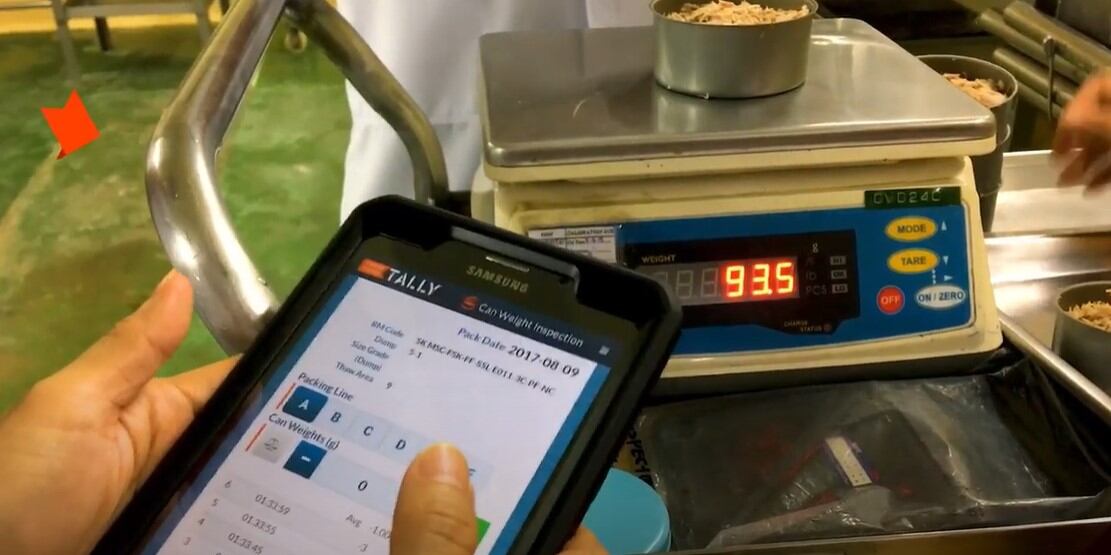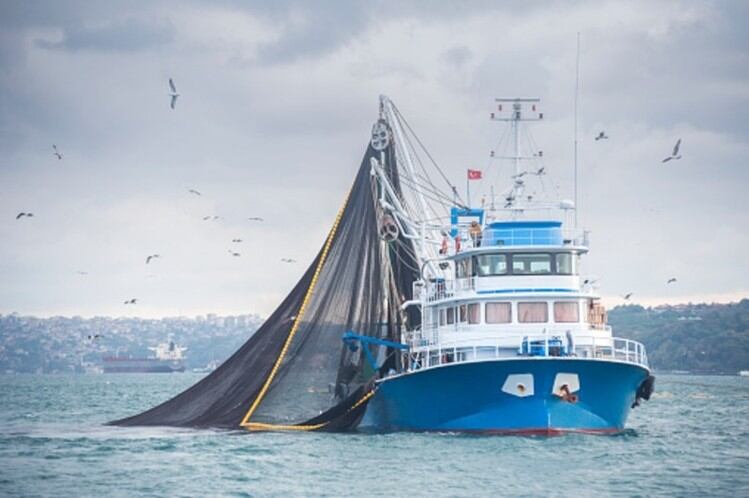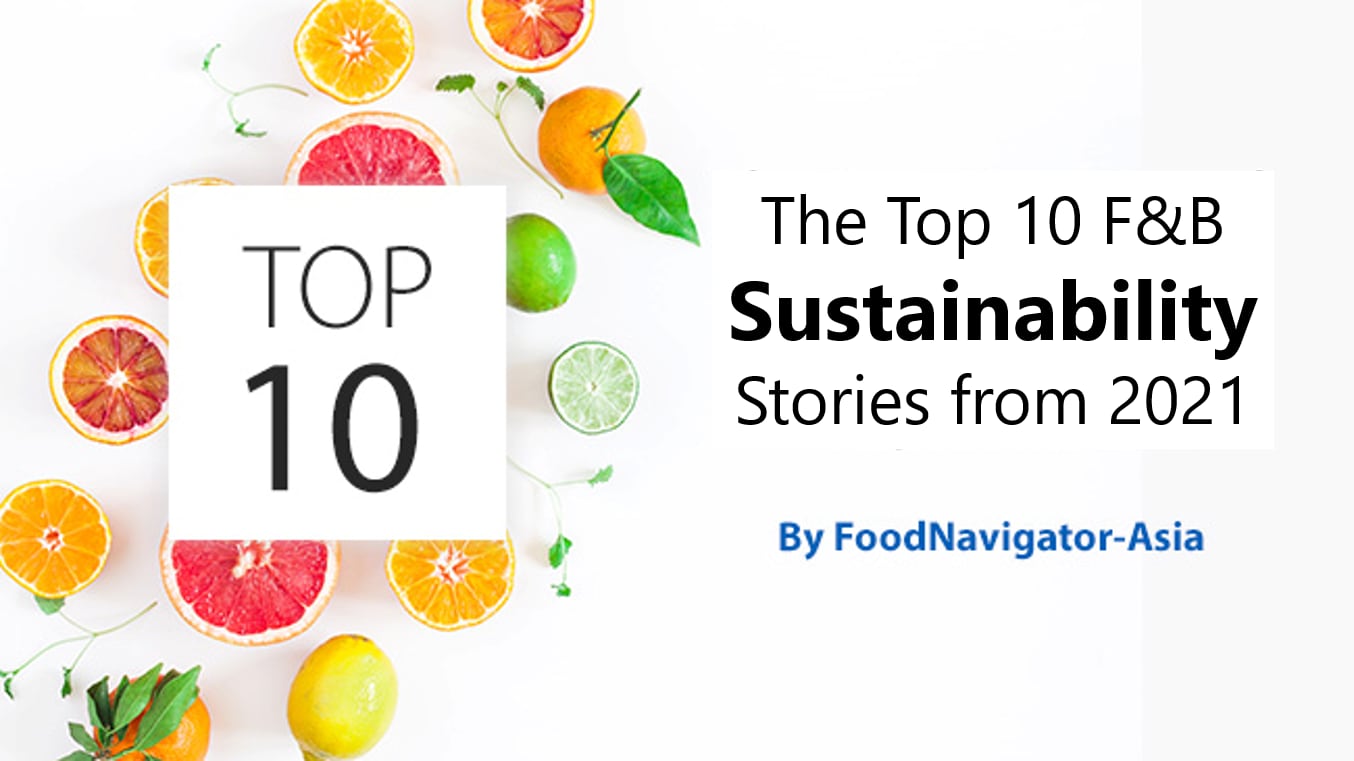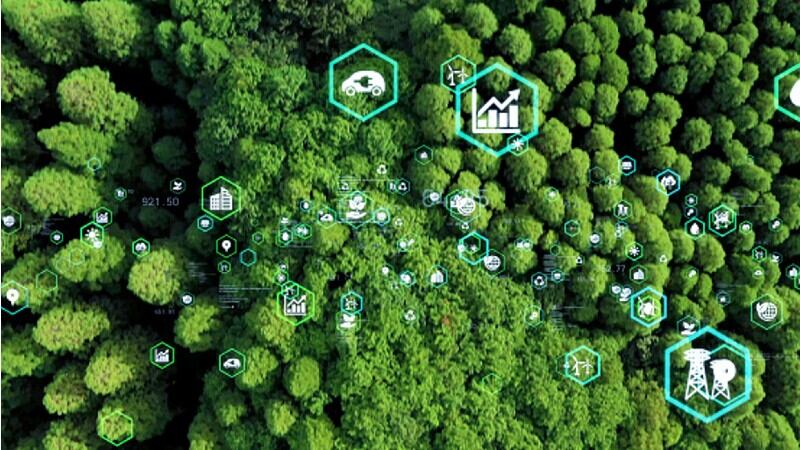Founded in 2017, ThisFish has developed Tally to help digitise the seafood supply chain and bring more traceability and transparency to the global seafood industry.
The firm has serviced clients in Canada, US, Latin America, the Philippines, Thailand and is now keen to work with seafood processors in Japan dealing with popular products such tuna and yellowfin.
“Japan is the second largest market for seafood after the United States. Seafood is also a very important identity and culture of Japan,” said Eric Enno Tamm, CEO and co-founder of ThisFish.
“But it is still a very traditional industry that is paper-based. The country is facing demographic challenges which leads to a shrinking and ageing population, creating productivity issues in the country, and also challenges in recruiting younger employees into the industry.”
Tamm is hopeful to enter Japan in 2022 and is currently working on signing a channel partner to help sell and implement its technology to the local market.
A channel partner helps to resell and implement the company’s products or services, in ThisFish’s case, its technology to the Japanese market.
“A lot of companies outside of Japan find it hard to sell into the Japanese market because of the culture, language, and relationships. So, what companies often do is they will find a local partner to help sell the technology and help implement it in Japan. So that's what we're working on right now,” Tamm said.
Earlier this year, ThisFish was announced as one of the winners of the Japan External Trade Organization (JETRO) contest, targeted at foreign start-ups interested in Japanese collaboration.
“The JETRO program provided mentoring, involving us in trade shows and summits, helping us navigate the Japanese market and building contacts.”
ThisFish was also recently accepted into an accelerator program in Japan, the Keihanna Global Acceleration Program Plus.
Tackling the problem
According to Tamm, the Tally technology was born after seeing the gaps in the fishing supply chain, particularly among the seafood processors.
Tamm’s family has been in the commercial fishing industry for years in Canada, “When we were working in the supply chain, we wanted to bring more transparency. But when we tried to build technology to make those connections, what we actually found was that the seafood manufacturer or seafood processor was not very digitised at all.
“They were basically a block in the supply chain because fishermen or fish farmers typically sell their catch or harvest to the processor, who then processes, packages and sells it in the supply chain.
“We found the biggest problem lay with the seafood processor. So, we decided to build a versatile and flexible software that could be rolled out in both small-scale processors especially in Southeast Asia, as well as large ones.”
ThisFish has developed its Tally software to help reduce costs and improve compliance in the supply chain.
This is especially in data collection and management, “We found that everything was based on paper and Microsoft Excel, and companies have a hard time managing their raw material costs because they have no real time control over their processes. They don't know what's happening exactly in their factory at any given moment, because all the data is on paper and sometimes it takes a day or two to get the paper data into Microsoft Excel.
“A lot of companies believe it or not are still tracking their inventory on Excel spreadsheets. We find that often inventory expires because they have been in the cold storage too long causing companies to lose money. Companies don't see problems in the processing until maybe it's too late.”
ThisFish’s software offer real time control over production, quality and inventory in both raw material and final products. “This control over your materials is very valuable because the margins in the food business are very thin. So, if you can save half a percent on yield or reduce waste, you can recover a lot of money.”
For instance, one seafood processor that ThisFish worked with did not have strong controls over their packing of the shipping containers.
“Their workers were accidentally overpacking the shipping containers, which was resulting in a loss of over $500,000 a year. Our software QR coded all the pallets that were in the queue to go into the shipping container, as a result of that, they could reduce that loss down to zero, saving about $500,000 a year.
“Another cost saving is in opportunity costs, that is if you don't have strong traceability and can't meet the requirements for fair trade or MSC or ASC, you will lose opportunities to sell to some customers. You might not be able to export into Europe, or some customers that require very strong traceability and compliance,” Tamm said.
There is a growing market and regulatory demand for transparency in the products consumers buy. More consumers want to know if their products are sustainable and socially responsible, and governments are listening.
In December, Japan’s national legislature passed a law to ban the importation of illegal, unreported, and unregulated seafood. The EU was first to pass this type of law in 2010 followed by the US Seafood Import Monitoring Program in 2018.




